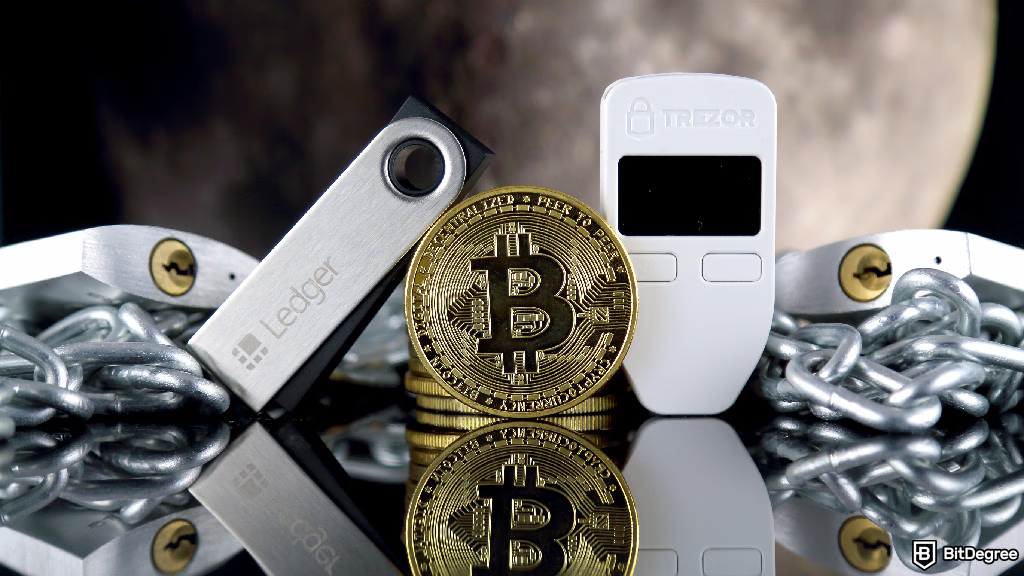What Is a Crypto Wallet?
A crypto wallet stores the private keys needed to access and manage your cryptocurrency. It does not hold the cryptocurrency itself. Wallets come in two main forms:
- Hardware wallets: Physical devices that store keys offline (cold wallets).
- Software wallets: Apps on phones or computers connected to the internet (hot wallets).
Private keys must be kept secure because anyone with them can access your crypto. Losing your seed phrase (a secret recovery phrase) means losing access permanently.
Types of Crypto Wallets
- Custodial wallets: Managed by companies or exchanges. They hold your keys and control your crypto.
- Non-custodial wallets: You alone control your keys and crypto. This offers more control but requires careful management.
Top Crypto Wallets for 2025
Coinbase Wallet (Best for Beginners)
A user-friendly software wallet supporting over 5,500 digital assets. It is separate from the Coinbase exchange account wallet, giving users full control. It is a hot wallet connected to the internet, best for small or active amounts.
Ledger Nano X (Good Balance of Security and Accessibility)
A hardware cold wallet that stores keys offline. Supports Bluetooth and USB connections. Costs $149. Supports 5,500+ assets. Ledger experienced a 2020 data breach exposing customer info but not crypto assets.
Trezor Model T (Best Security Features)
A hardware wallet with open-source software for verifiable security. Supports thousands of assets. Costs $129. No Bluetooth. Includes desktop and mobile apps for portfolio management.
Exodus (Best for Desktop)
A free software wallet available on desktop and mobile. Supports over 1,000 coins. Features built-in swapping and integration with Trezor hardware wallets.
How to Store Crypto in a Wallet
- Download wallet software only from official sources.
- Save your seed phrase securely offline (preferably on paper).
- Test transfers with small amounts before sending large sums.
Choosing the Right Wallet
Consider these factors:
- Security: Hardware wallets (cold wallets) are most secure.
- Cost: Many software wallets are free; hardware wallets have upfront costs.
- Ease of Use: Exchange-linked wallets are easiest but less secure.
- Trading Features: Wallets with QR codes and exchange links make trading easier.
Do You Need a Crypto Wallet?
You only need a wallet if you want to personally control your cryptocurrency transactions. Some investment services allow crypto exposure without owning wallets.
Risks of Crypto Investing
Cryptocurrency prices are highly volatile. There are risks of scams and changing regulations. Only invest what you can afford to lose and use trusted wallets and platforms.
Summary
- Use hardware wallets for secure, long-term storage.
- Use software wallets for quick access and smaller amounts.
- Always protect your seed phrase.
- Understand the difference between custodial and non-custodial wallets.
If you want to start with crypto, Coinbase Wallet is good for beginners. For better security, consider Ledger Nano X or Trezor Model T.














